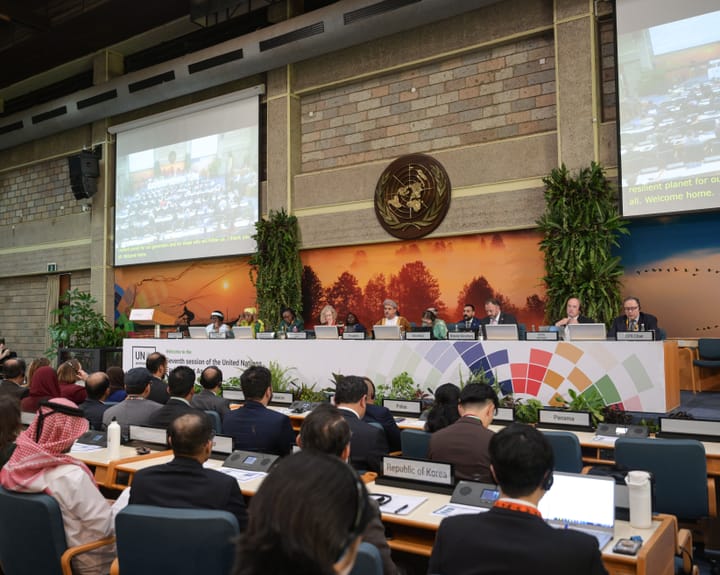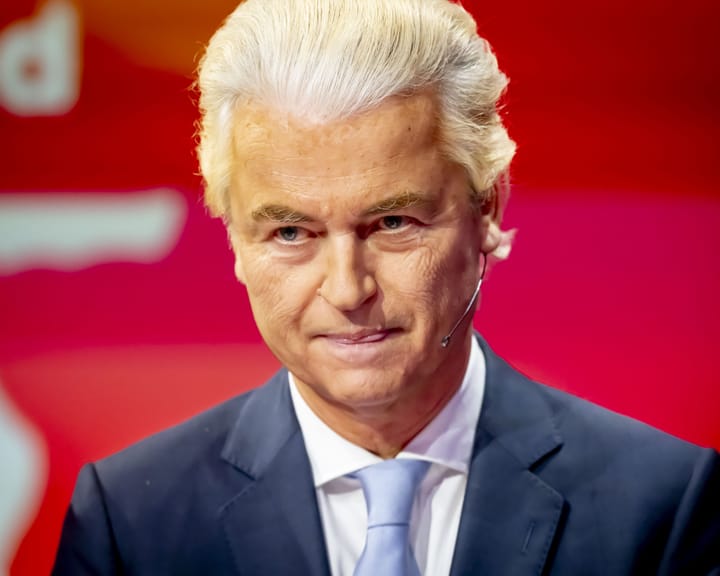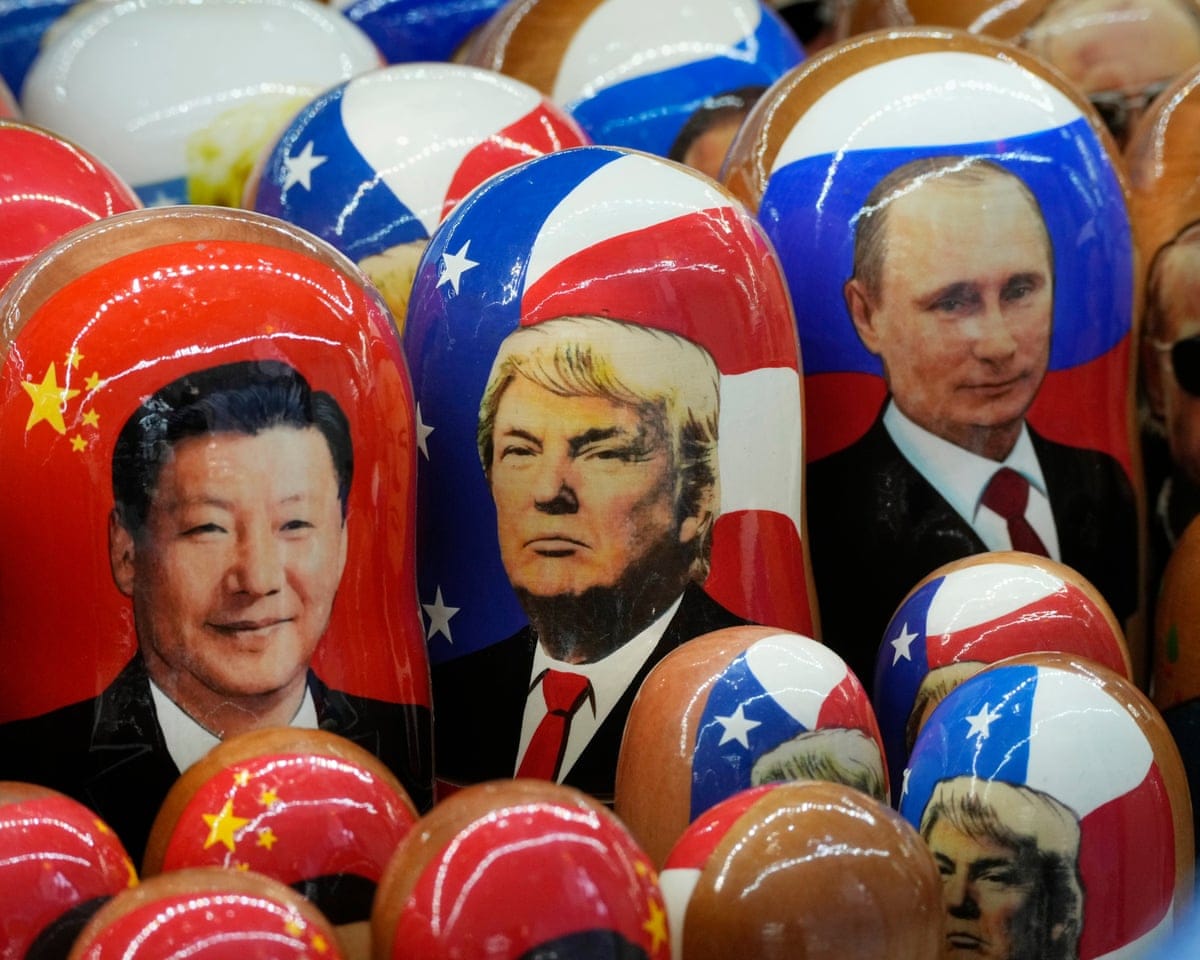Delving into discussions about age without crossing over into discrimination is essential: never has there been such an elderly contingent wielding significant world influence before in recent history. Figures like Vladimir Putin and Xi Jinping are both 72, while Narendra Modi stands at 74, Benjamin Netanyahu reaches the age of 75, Donald Trump is aged 79, and Ali Khamenei has reached a venerable milestone of 86 years old.
Advancements in healthcare have extended life expectancies, leading to more individuals at an advanced stage holding influential roles – often overshadowing their younger counterparts as they age. This week's annual meeting among the leaders underscored this trend: amidst them sat Emmanuel Macron and Mette Frederiksen (both 47), Giorgia Meloni, who is also at a youthful 48 years old, alongside Pedro Sánchez of similar vibrancy aged 53.
The collective age within Nato's leadership averages around the mid-60 mark – with Germany’s leader Friedrich Merz being 69 and Turkey’s Recep Tayyip Erdoğan at an impressively mature 71 years old. Faced in this context, these leaders encountered a demand from Donald Trump for enhanced military expenditure during their gathering: the target they were urged to agree upon was set arbitrarily – not founded on solid defense rationale or logical discourse within Germany itself; rather it mirrors an undue acquiescence towards paternalistic whims.
This age-related generational divide is also noticeable elsewhere, for instance in Ukraine where President Volodymyr Zelenskyy deflected the imperial designs of his elder Putin at 72 and Xi Jinping from China – each nearly as old himself– who has a vision over Taiwan with its president merely seven years younger. As Israel’s Benjamin Netanyahu, approaching three-quarters of life'0 age continues to govern Gaza where almost half the population is underage: an unsettling sight indeed for this 86 year elder ruling Iran whose average citizen stands at just a third his own span and with median lifespan barely reaching six decades.
No grand scheme of gerontocracy orchestrating global domination can be discerned here – rather, an unsettling pattern seems to emerge as the very individuals who were shaped by postwar world order approach their twilight years: Khamenei was born in a time where World War II had just ended; Trump entered this earthly stage of existence back when the United Nations convened for its first assembly and Netanyahu came into being shortly after Israel's establishment. Modi arrived with India embracing republicanism, while Putin made his entrance months preceding Stalin’s demise in October 1952 – Xi followed suit two years later as well; Erdoğan entered the world stage concurrently when Turkey integrated into NATO folds: these individuals are mere children of this postwar order. But rather than cherishing it, they seem bent on dismantling what was once their foundation—almost seems like a quest for retribution against fading light – Dylan Thomas’s plea to "Rage, rage against the dying day” feels more palpable here with each passing year.
Certainly this world order we know today has never been without its flaws; indeed it was an ideal that often seemed too good in theory but faltered under practice's harsher realities – yet at least, there existed a semblance of shared ethical grounding built upon the belief: humanity is inherently valuable and should be treated as such. Herein lies our challenge to preserve dignity for every soul irrespective of age or origin while navigating through these turbulent times that demand both wisdom from experience, yet also fresh perspectives borne by youthfulness – an intricate dance between generations seeking balance amidst changing global dynamics without falling into the trap of discriminatory prejudices.
Read next

Africa's Warning on Solar Geoengineering Risks Gains Editorial Backing
It is appropriate that this week’s United Nations environmental discussions are happening in Nairobi, as Africa plays a central role in shaping global climate dialogue. Diplomats from the continent are addressing the complex issue of whether attempting to cool Earth by reducing sunlight exposure is a prudent approach. While

Might Narcolepsy Medication Revolutionize the World?
Breakthroughs in Sleep Science Reveal Surprising Insights
During a conversation with a pharmaceutical researcher, I learned of significant progress in sleep medications. One promising development targets narcolepsy, though its method could also address broader sleep issues like insomnia, much like how certain unexpected innovations find wider applications — akin to adhesive

"Far right still dominant in Netherlands despite Wilders' government setback"
Dutch Voters Head to the Polls Amid Political Instability
On Wednesday, Dutch citizens will cast their votes once again, marking the ninth election for the Tweede Kamer—the legislative chamber of the Netherlands’ parliament—in this still young century. In some respects, the country has come to resemble Italy in

